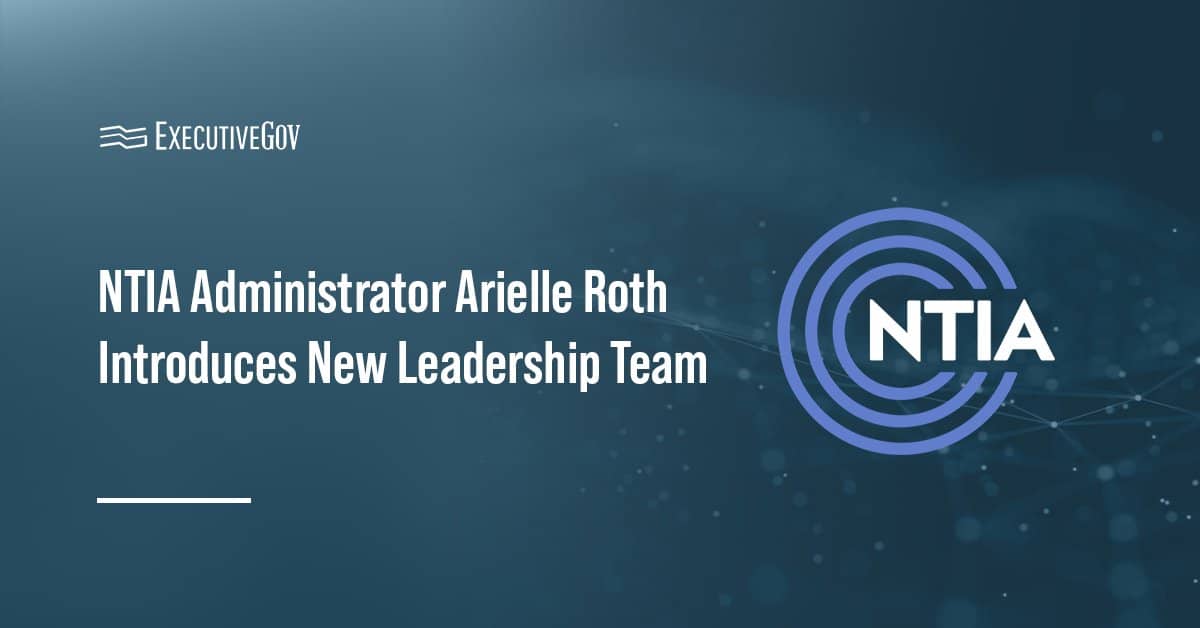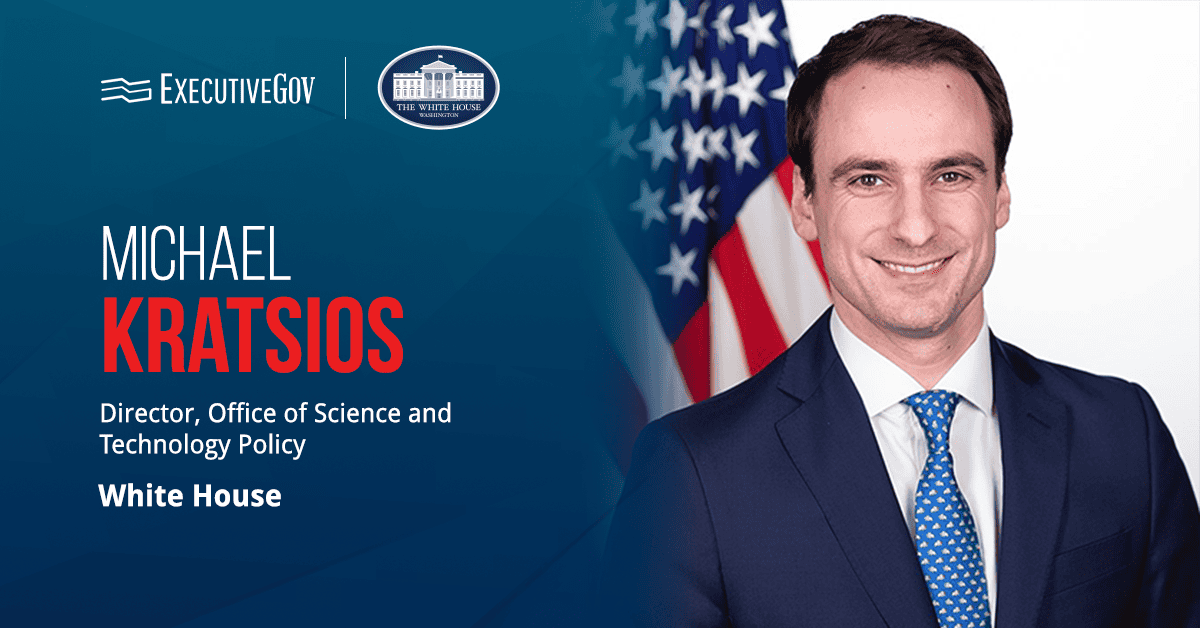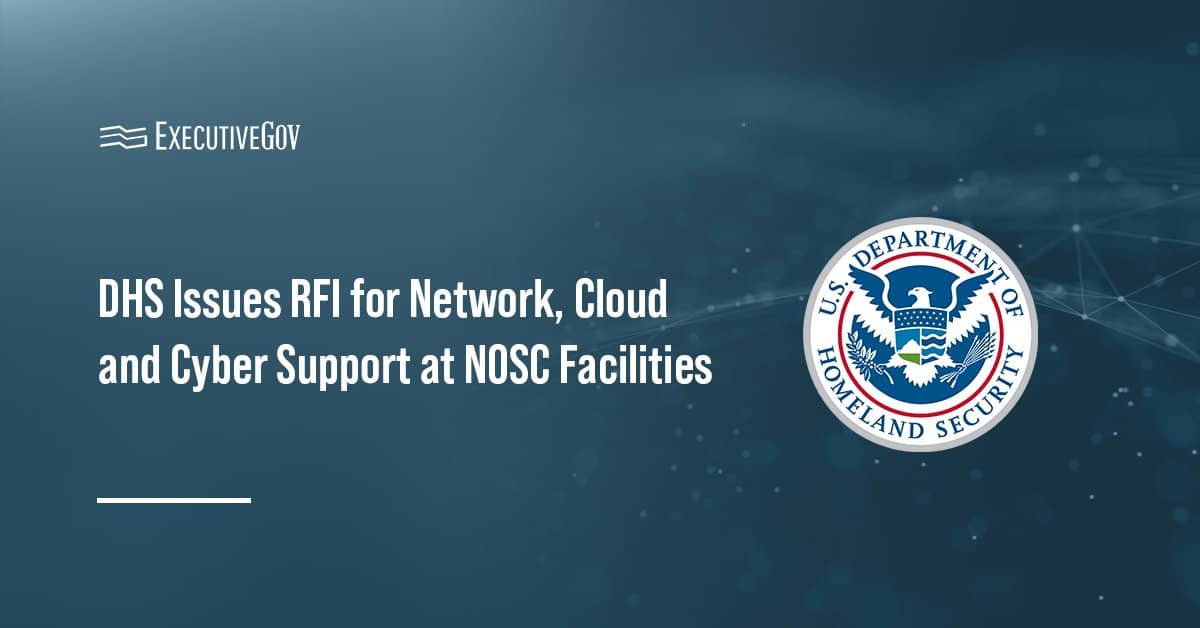
John Rood, undersecretary of defense for policy, said Wednesday the military is pushing through to procure naval missiles that contain low-yield nuclear components, National Defense Magazine reported the same day.
His announcement discussed the Department of Defense’s intention to purchase submarine-launched ballistic missiles and ship-launched cruise missiles in support of the Trump administration.
The administration said in its Nuclear Posture Review that the country needs a refined nuclear triad of long-range bombers, ballistic missile submarines and ground-launched intercontinental ballistic missiles.
The cruise and submarine ballistic missiles with low-yield nuclear components would serve as supplementary assets for the effort, Rood told reporters in Washington, D.C.





